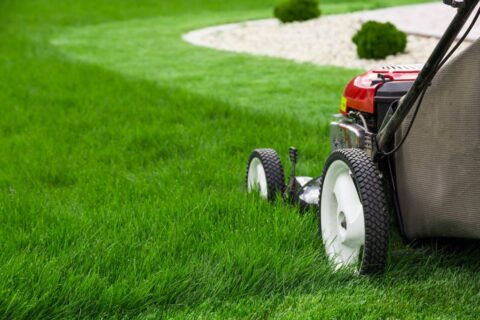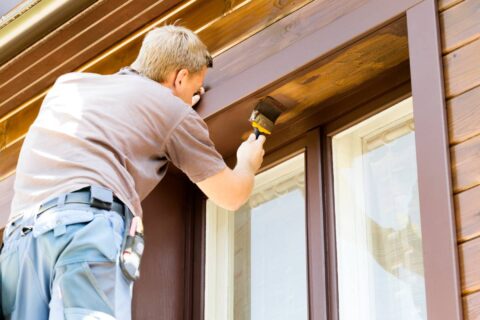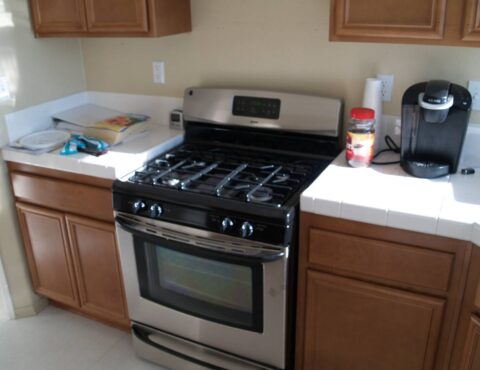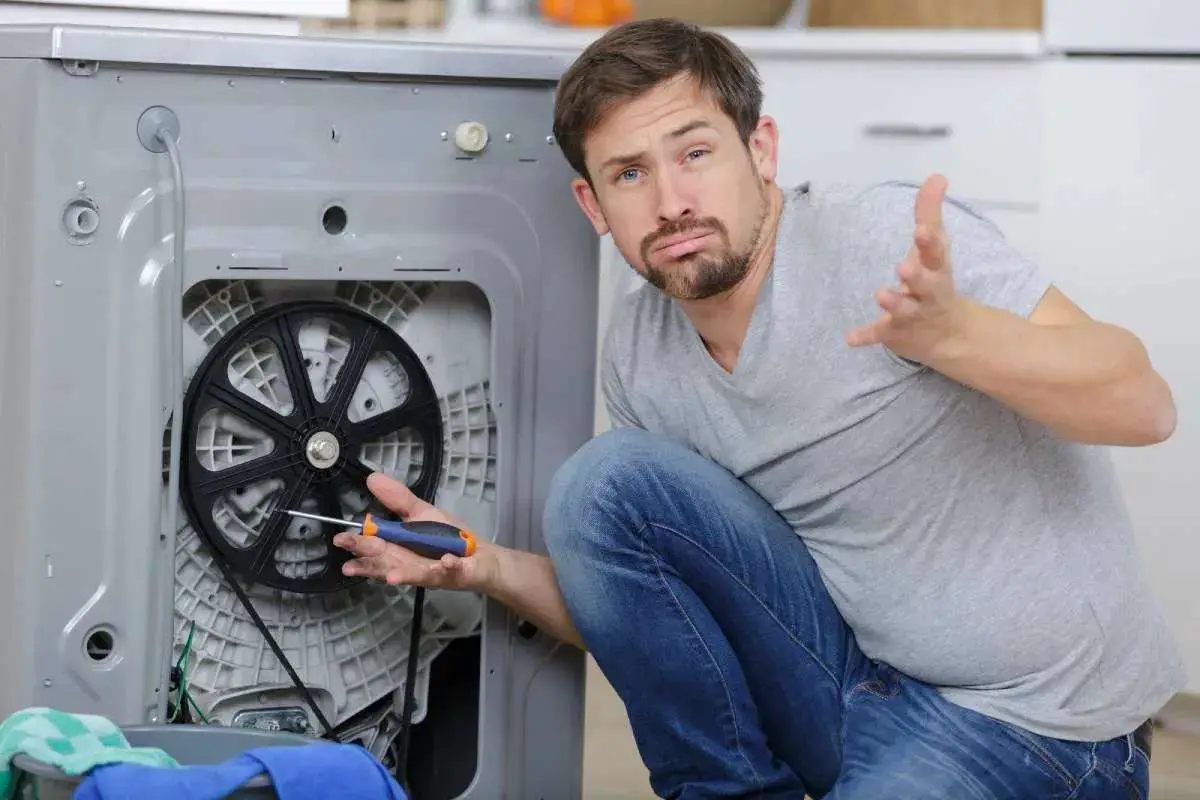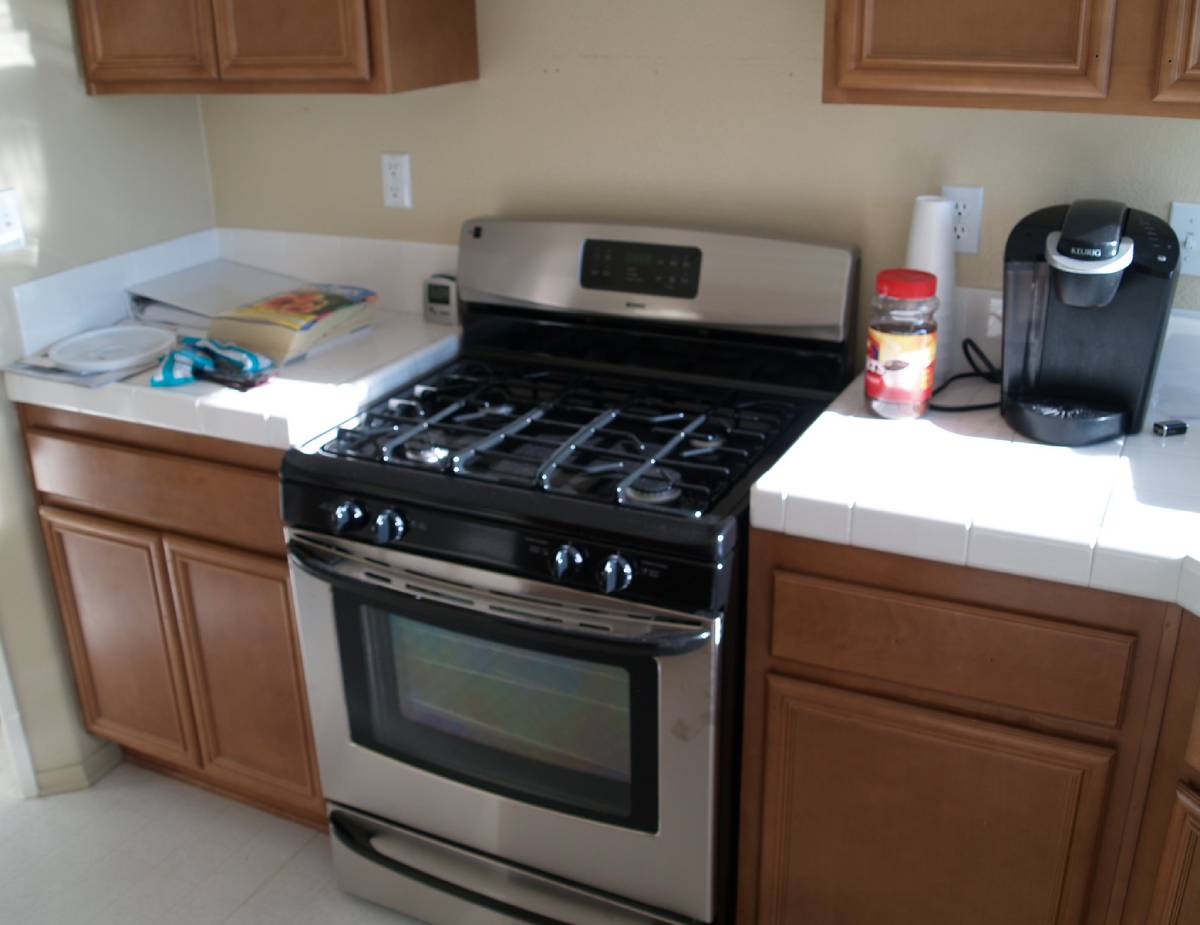The entire point of having homeowners insurance is to let you rest easy knowing that your home and your valuables are protected. And you pay a premium for this peace of mind, too.
So you’ve got home insurance, and now you think that you’re fully protected — right?
Wrong!
Unfortunately, most homeowners insurance policies are very specific as to what coverage they’ll provide.
While a good read-through of your policy will cue you in to all of the details, following are a few things your homeowners policy probably doesn’t cover.
That’s right — while you might think you’re buying insurance to cover all of your most valued possessions from all forms of harm, there are plenty of things that homeowners insurance just won’t cover.
These are the things that home insurance policies won’t cover, why they won’t cover them, and what you — as a homeowner — can do about it:
#1 – When The Earth Moves
If you find yourself caught in an earthquake, you better hope you have specific earthquake coverage. These events are sometimes categorized as acts of god. They’re not covered by your policy unless it’s written specifically in there.
What you can do about it…
If you’re living in San Francisco or another area with frequent seismic activity, then you’ll have the option of purchasing earthquake insurance.
If you fail to do so, any damage done to your home’s foundation caused by an earthquake can leave you holding an empty bag.
#2 – Damage Caused By Mold
When water makes its mark on your home, you won’t be able to rely on homeowners insurance to fix any water damage.
Mold is common — especially in these states. But most policies will either severely limit the payouts for mold, or exclude mold altogether.
What you can do about it…
Be vigilant about checking your home for mold in the initial home inspection. Any water damage that you see should be closely examined — because it’s likely to be a source of concern again in the future.
You can also protect yourself after you move in by cleaning up any spills right away. Basic spills can lead to mold if left unattended over time. Clean up the mess now so you won’t experience the horror of a molding house later.
You could also buy an extra mold coverage rider with your homeowners insurance policy, if you’re overly concerned.
#3 – Acts Of Terror
Some of the recent events around the world have prompted justifiable fear, as many worry if their city might be next.
While the state of your home might be the last thing on your mind in the case of a terror attack, it’s critical to know where your insurance company stands.
Most policies exclude acts of war. And in the context of the War on Terror, your insurance company will almost certainly consider terrorism to be an act of war.
What you can do about it…
Even though you may think your policy doesn’t cover acts of terrorism, the policy should cover you for damage due to explosion, fire and smoke — the most likely causes of damage after a terrorist attack.
Condominium or co-op owner policies also provide coverage for damage to your personal possessions resulting from acts of terrorism.
Make sure that you have coverage for explosion, fire, and smoke. Or buy terrorism insurance.
#4 – Sewer Line Backup Issues
Some of the nastiest (and grossest) issues happen when you have sewer line problems.
Not only will this threaten the interior of your home, but it will often threaten the sanctity of your yard.
Most policies won’t pay for damage that results from problems with sewer lines.
What you can do about it…
If you live in an area where this might be a concern, it can be beneficial to spend the extra $40 or $50 a year on specialized sewer line insurance.
#5 – Damage Caused By Flooding
If you live in an area designated for flood insurance, you’ll likely be required by your lender to purchase that insurance.
If you don’t, then it’s very difficult to get affordable flood coverage for your home.
Most standard homeowners insurance policies don’t provide coverage for flooding. Whether that flooding comes from a hurricane, a big set of storms, or the breaking of a local dam, you probably won’t be covered.
What you can do about it…
The federal government sometimes steps in with relief funding to help those who’ve been affected by flooding.
But don’t count on this funding to fix everything. Funds are generally split among many afflicted homeowners, so you might end up with only a fraction of the money.
What Homeowners Insurance Covers
Wondering what your home insurance does cover then?
Your homeowner’s insurance policy will protect you from a range of different disasters:
- Wind and hail damage are covered.
- If someone steals from your home, you can likely receive reimbursement for what was taken.
- Structural damage or a falling tree can also result in a successful insurance claim.
Here’s a good list of all the things that home insurance usually does cover.
But the point of this article is to make you aware of the fact that your insurance simply won’t cover everything.
Home insurance policies are notoriously fickle. Things like sinkholes and termites are rarely covered. The circumstances I talked about above can happen no matter where you live — leaving you in a difficult spot if your home insurance company is like most.
Oh, and let’s not forget about this little detail:
Because of the technical term known as “anti-concurrent causation,” if two events happen at once, and one of those events, such as flooding, is not covered by insurance, then the policy might not cover damage from either event. That means flooding and wind damage that happen together could end up being very costly for a homeowner. Source
Must read: 5 Surprising Things Your Homeowners Insurance Does Cover!
Helpful Tips For Purchasing Home Insurance
In addition to the links I’ve included above, here are some additional resources that might be helpful before you buy homeowners insurance:
- A Helpful Guide To Buying Homeowners Insurance
- What Lakefront Homeowners Need to Know To Protect Their Home
- A Financial Consultant’s Advice About Homeowners Insurance
- Best Places To Get Home Insurance Quotes Online
- A Home Warranty Is Not The Same As Home Insurance
My husband and I have been through the home building process… from scratch… more than once! (And we still have a few pieces of property that we might build on in the future.) So we definitely have some helpful tips to share when it comes to designing your dream home and building a house from the ground up. We've also learned that the 'fun' doesn't end once the house is built. Our clever home maintenance hacks will save you time and money each year that you live in the home. And… since everyone's house eventually needs a little remodeling (as has ours), we've got some ridiculously helpful home renovation tips as well! Whenever I’m not DIYing something around the house or adding to my Dream Home Wish List, you can find me at the corner of Good News & Fun Times as publisher of The Fun Times Guide (32 fun & helpful websites).






